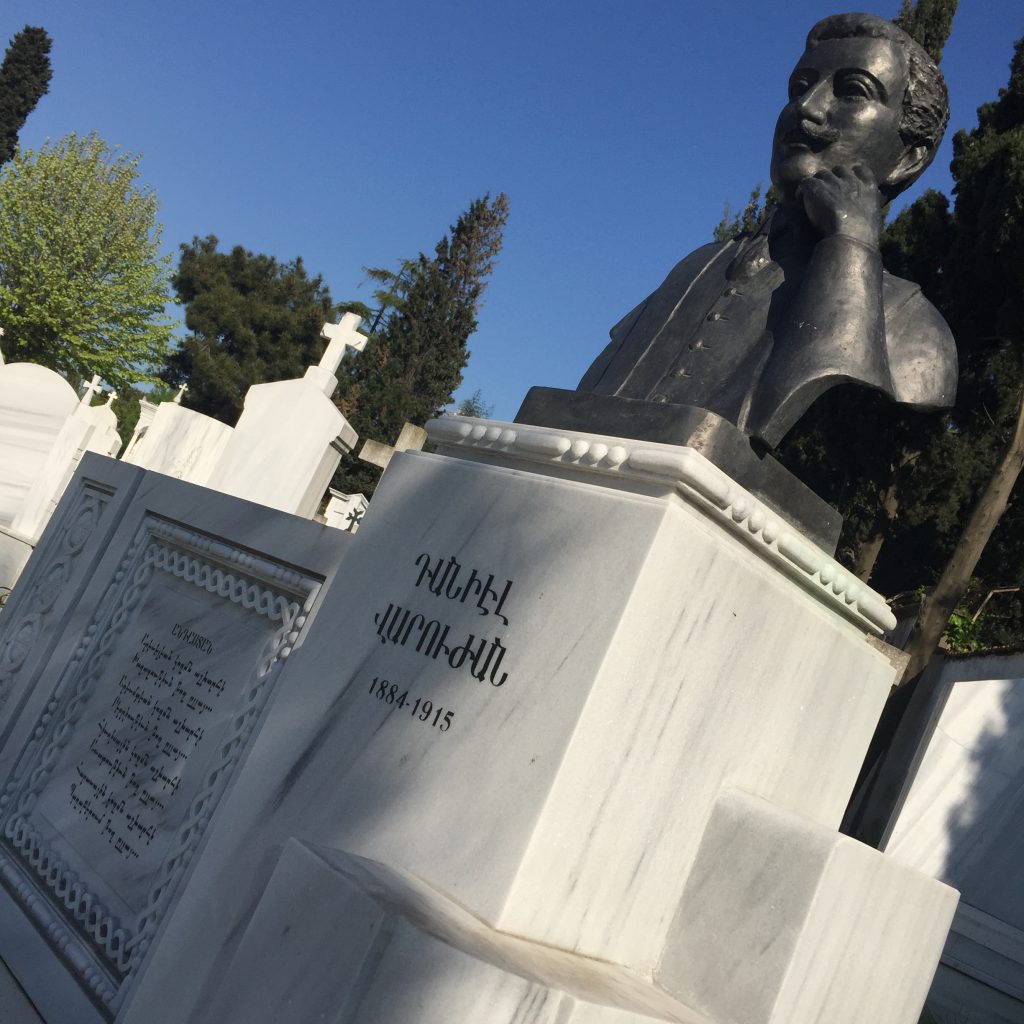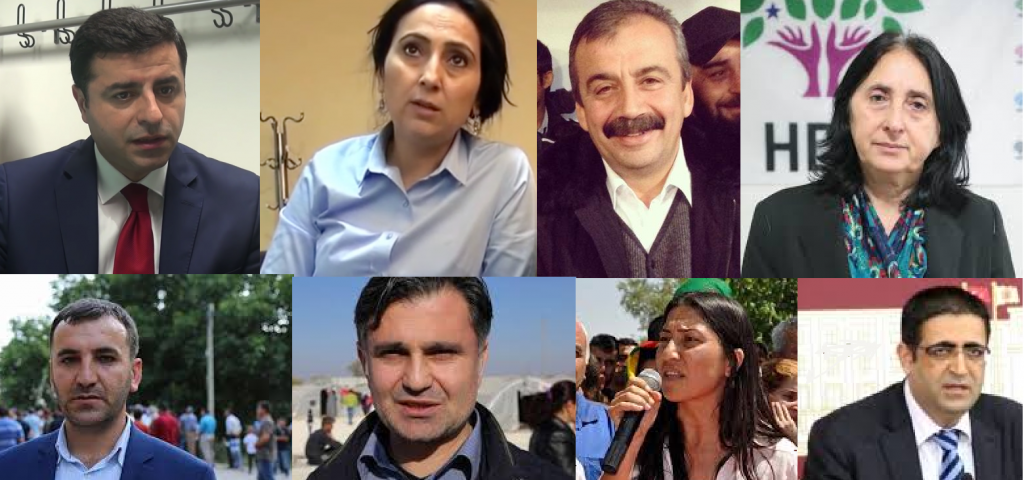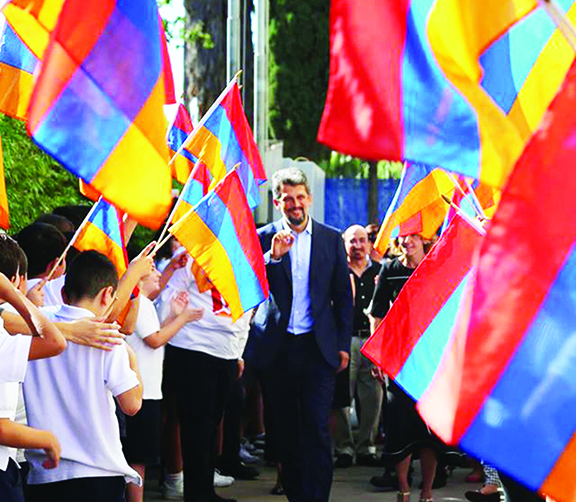The drive between Toronto, Canada and Watertown, Mass. is a long one—especially long if you’re sharing the ride with your father, who you don’t get to see as often as you once did. The nearly 900 km (about 560 miles) of road gives plenty of time to catch up, so topics of conversation can vary drastically—from history to politics, community to personal anecdotes.
I’m not exactly sure how we got there, but at one point, my father recounted his chance meeting with Haig Varoujan, the late son of famed Armenian poet and victim of the Armenian Genocide Daniel Varoujan. During their meeting, my dad had asked if he had any memories of his father. Haig had responded that he had not even met him—that he was born after Daniel was taken away on the night of April 24, 1915, along with hundreds of other Armenian writers, intellectuals, politicians, and decision makers.
I then thought back to my elementary school days and remembered when we had put on a short play about that fateful night in 1915. The climax scene had Varoujan pleading to his pregnant wife to keep hope alive as he was forcefully taken away from his home by Turkish authorities. “You will name him Haig,” Varoujan said through the lips of my close friend who played him on stage. “You will name him Haig, so that he will remain Armenian.” This was Varoujan’s last act of defiance in the wake of the genocide that quickly ensued.
The memory of this fictionalized account of one of our literary giants, put on stage by twelve-year-olds, took on new meaning as our hours-long drive finally came to an end.
I had ignored my phone as much as possible during the car ride. After getting to our long-awaited destination, I looked down to my phone to see a flood of messages, e-mails, and news alerts that had come in over the past half hour.
“HDP members arrested,” read one text message.
“What’s going on in Turkey?” asked another.
“Is Garo [Paylan] OK? Do you have any info?” read the subject line of an e-mail written too hastily to have a body.
And sure enough, the news out of Turkey was true. At least 11 members of the Peoples’ Democratic Party (HDP)—including party co-chairs Selahattin Demirtaş and Figen Yüksekdağ—had been arrested in the middle of the night by Turkish authorities on trumped-up charges and baseless accusations. A targeted attack on left-wing political party, which runs on a platform of participatory democracy, minority rights, and equality for all; sentiments that are too hard to swallow for Erdogan’s AKP (Justice and Development Party) and Turkish authorities.
Soon after the news of the arrests began to spread, Armenian member of Turkish Parliament and member of the HDP Garo Paylan tweeted out the following (in Turkish): “We are living in 1915—today is April 24.”
Though it was relieving to know that he was not a part of the arrested parliamentarians (at least not yet), Paylan’s tweet was eerily familiar and uncomfortably true.
Over a century has passed since the Armenian Genocide, but the law of the land in Turkey remains the same. Minorities are still persecuted, mass arrests are still a normal occurrence, and ultimately, the powers to be continue rule with a ruthless, dictatorial iron fist.
During an event in Belmont, Mass. last month, Paylan emphasized how nothing will change for the Armenians in Turkey unless Turkey becomes a democratic state. He said that in order for that to take place, all of the country’s minorities must care about each other and learn from one another. “To only care for your identity is a disease,” said Paylan during his talk.
It was with this conviction and understanding that Paylan and group of likeminded Turkish citizens including Kurds, and Turks established the HDP with the mission to fight for the rights of all minorities and to make sure all of their concerns are equally heard.
The Armenian party member may not have been arrested in last night’s round-up, but that hardly means we were left unscathed. The arrest of the multiple HDP members—each representing different minorities and sectors of Turkish society—should only motivate Armenians around the world, no matter where they live, to speak up against the injustice in Turkey, so that it may one day change for the better.
A little over a century ago, Varoujan’s act of defiance was to name the son he never met Haig so that “he may remain Armenian.” Today, a century later, we must be defiant by not accepting the hateful discrimination that takes place against other minorities at the hands of the Turkish government.
Caring only for our Armenian identity in a country so desperate for democratic change is counterproductive. While we must take example from Varoujan and stay committed to our roots, we must also learn to speak out against all injustices in Turkey. Only then may we pave the way for a better tomorrow—not only for Turkey, but for the world.
Source: Armenian Weekly
Link: ‘We Are Living in 1915—Today is April 24’



